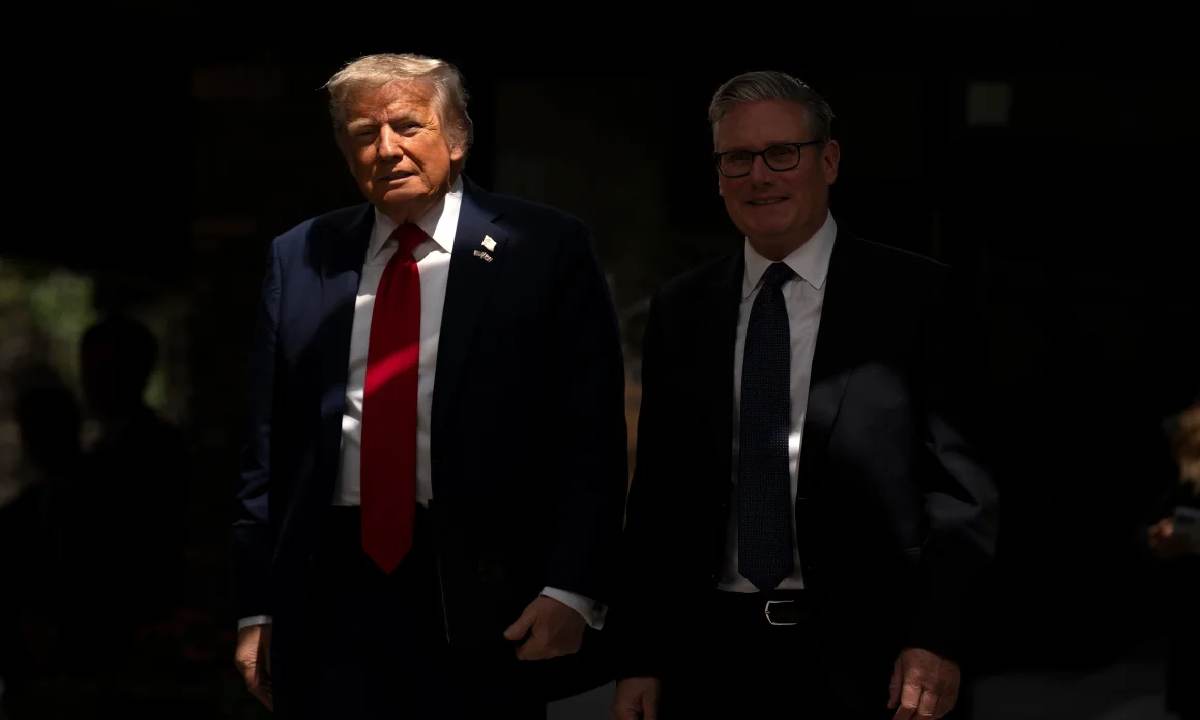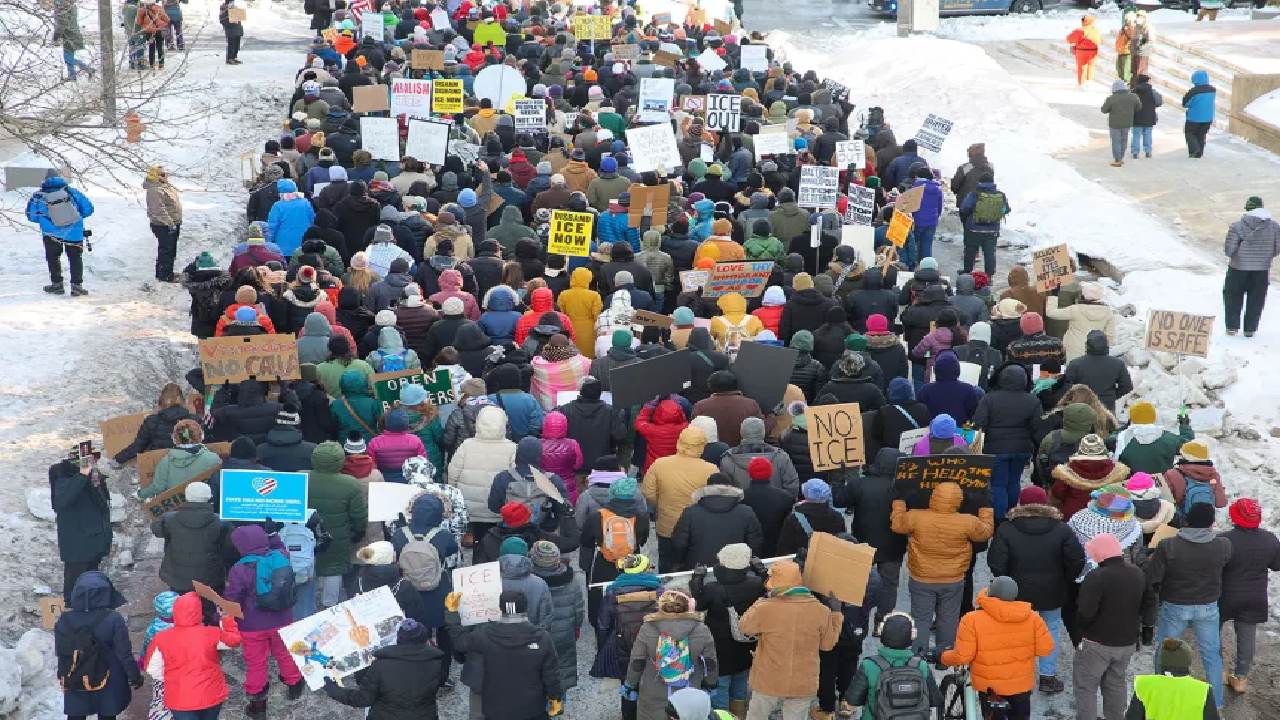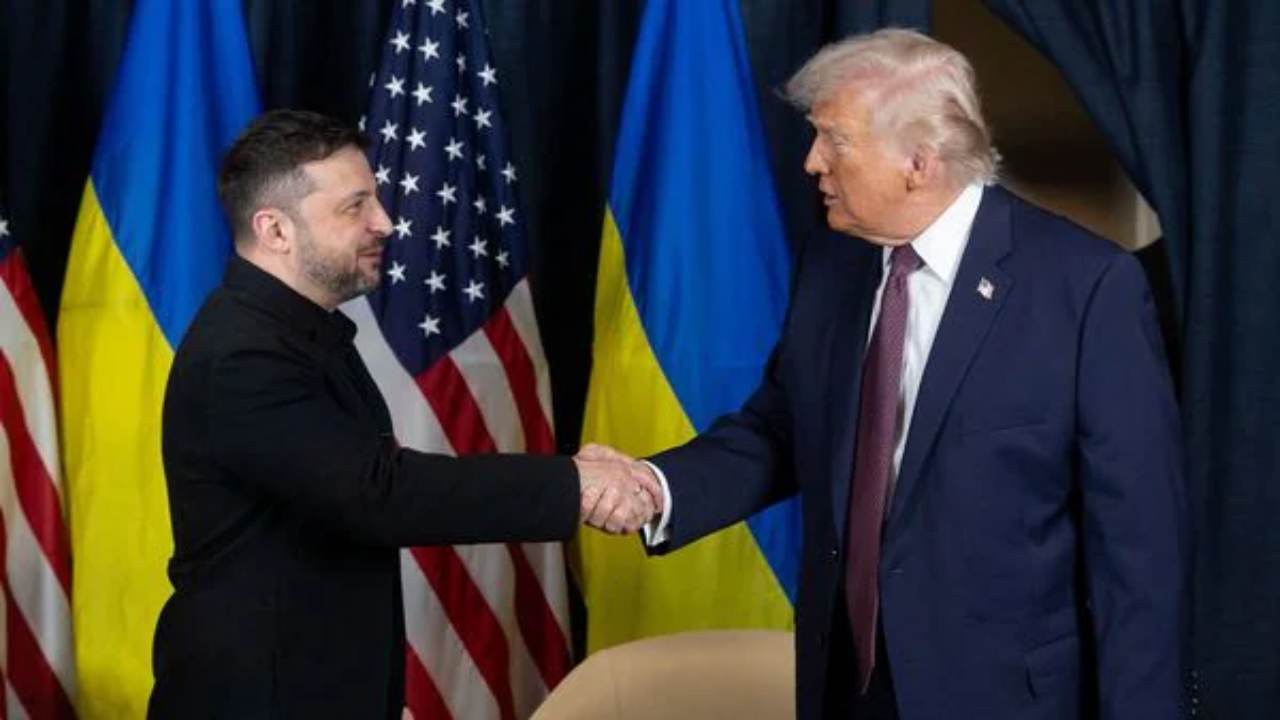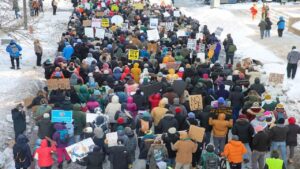Savage Beatings and Dying Trees: How West Bank Settler Violence Is Destroying Palestinian Olive Harvests
Ohana Magazine – How West Bank Settler Umm Shukry moves slowly through her olive grove. For more than fifty years, her family tended these trees, nurturing them through drought and heat. Now, most stand lifeless branches broken, leaves gone, trunks scarred. “I am suffocated,” she says quietly. “We’ve cared for this land for decades, and now everything is gone.” For two years, violence and military restrictions have kept her from reaching her grove. During her absence, settlers released cattle to graze on her trees and looted her home. The damage is more than physical; it’s a wound to her soul, a symbol of everything her family has lost.
Violence in the Fields
Attacks like the one on Umm Shukry’s land reflect a growing pattern of violence across the occupied West Bank. Settler assaults have surged, targeting Palestinian farmers during the olive harvest season. Data from the UN Human Rights Office shows 757 recorded incidents causing injury or damage in the first half of 2025 a 13% increase from the year before. The UN Office for the Coordination of Humanitarian Affairs (OCHA) reports that more than 4,000 olive trees have been vandalized this year. Videos shared online reveal masked settlers beating farmers while soldiers watch. What was once a season of joy and tradition has turned into one of fear and loss.
“Read More : Germany’s Love Affair with Bread: A Slice of National Pride“
Justice Denied
Palestinians say they have no clear path to justice. Israel’s dual legal system leaves them trapped: settlers fall under civilian law, while Palestinians face military courts. This imbalance, they argue, protects aggressors and silences victims. The UN Humanitarian Relief Chief, Tom Fletcher, has urged Israel to uphold international law, warning that failure to act “undermines basic human rights.” Yet accountability rarely follows. In several cases, soldiers stood beside settlers during attacks. When asked about these incidents, the Israel Defense Forces (IDF) said the actions “did not align with IDF values” and promised disciplinary reviews. For most Palestinians, those words ring hollow.
The Courage to Return
Despite the risks, many farmers continue to return to their fields. Supported by groups like Rabbis for Human Rights (RHR), they harvest olives under the watch of Israeli and international volunteers. These allies aim to deter violence through their presence, but even they face danger. In Qarawat Bani Hassan, volunteers were attacked while protecting farmers, and soldiers fired warning shots. Some activists have been detained or deported for standing in solidarity. Still, they come back. For Palestinians, each olive gathered is an act of defiance a declaration that they will not abandon their land, no matter how hostile the conditions become.
“Read More : Nancy Pelosi’s Farewell, The End of an Era in American Politics“
The Olive Tree’s Meaning
To Palestinians, the olive tree is sacred. Its roots represent endurance, its fruit a symbol of peace and prosperity. “The olive here is never just a tree,” says Ajith Sunghay of the UN Human Rights Office. “It’s livelihood, lineage, and resilience.” More than 100,000 families depend on olive farming for their income. For Shukry Shehadeh, Umm Shukry’s son, the financial toll has been devastating. In two years, he has lost nearly $25,000 in revenue. Yet for many, the deeper loss is cultural. Destroying olive trees means severing a connection to ancestry and memory an erasure of identity written in soil and bark.
The Struggle to Endure
Across the West Bank, the olive harvest has become a quiet act of resistance. As violence intensifies, hardline Israeli settlers continue expanding into Palestinian territories with government backing. But even in the shadow of fear, the farmers persist. They gather beneath the same trees their ancestors once tended, holding fast to the hope that peace can still take root. The olive tree remains their symbol of survival its roots deep, its branches scarred, yet still reaching for light. In every harvest, Palestinians reclaim more than fruit; they reclaim the right to exist on their land.













